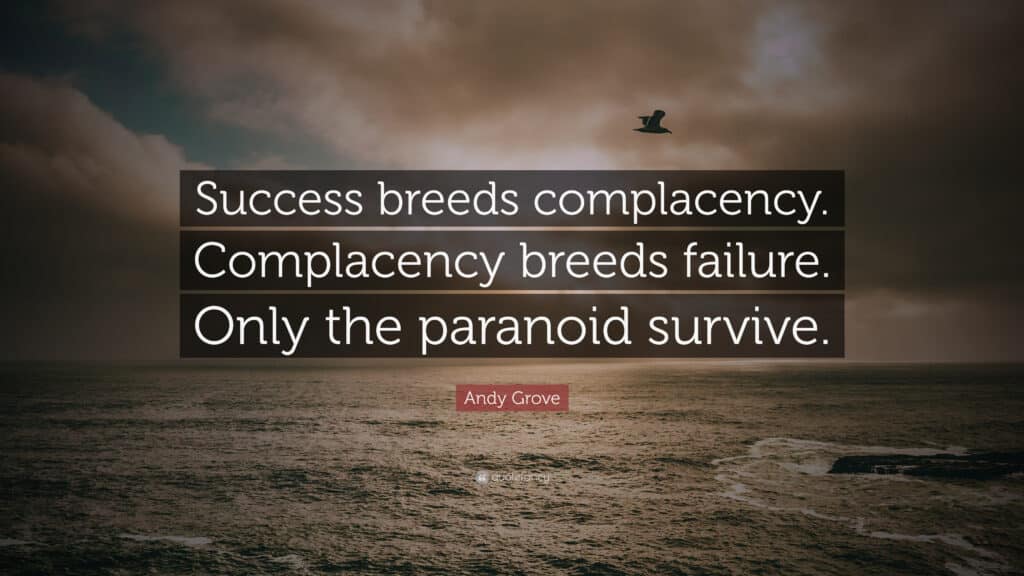Money makes money right, and the rich just get richer?
In reality, that isn’t usually the case. Having met countless wealthy people in my time, and advised plenty of them, I can confirm the wisdom of the Chinese saying below:

How can you, and your heirs, avoid this fate and retain wealth? Below is a list I have constructed.
If you want help preserving your wealth, don’t hesitate to reach out to me – advice@adamfayed.com .
1.Be careful with illiquid assets
Over eight years ago, I met an expat in Cambodia who taught me a very important lesson.
He bought some land in Cambodia. It turned out to be an excellent investment on paper. The land had increased by four times in a relatively short period of time.

He was looking for a buyer, and was interested in becoming my client as he knew that I specialised in the expat market.
There was only one problem – he couldn’t sell the land and found it difficult to find tenants to pay him some income.
I have seen, with my own eyes, countless examples of the risks of illiquid assets. Typically, people get into trouble if they assume that land and property is risk-free.
Owners of private businesses can also face a similar situation. Waiting until your health fails before looking for a buyer of an illiquid asset is high risk.
2. Leverage
Leverage, or debt, isn’t all bad. It can increase the expected returns on several assets, most prominently in real estate.
The issue is, leveraged losses are just as destructive as leveraged gains. My first manager in the financial industry used to be a property developer.
At one stage he was worth hundreds of millions on paper, until the 2008 Financial Crisis and Lehman Brother’s collapse, resulted in a credit crisis.
The banks didn’t want to lend anymore. He needed to sell off property to pay staff. A vicious cycle resulted in him being left with just one family home.
The point is, use leverage in a sensible way, and it is better not to use it at all beyond a certain age.
3. Don’t go for the highest possible return
It sounds ridiculous not to want to go for the highest possible return. Indeed, when you are younger, it makes sense to only focus on the best possible returns.
If something goes wrong, you have time to make up the losses and volatility isn’t anything to worry about when you are retiring in decades.
In comparison, if you are at the stage of wanting to preserve what you have, you need a more cautious approach.
In other words, you need the best risk-adjusted return, rather than the best possible return.
4. Be diversified
The last point is related to the diversification point. Many wealthy people get rich from concentration – typically one private business that has been set up – or by playing the long game and compounding investment returns.
Yet if you want to preserve wealth, being too concentrated is a risk. I personally met so many people who were affected by the covid pandemic, the 2014 Thailand coup and the events in Egypt and Tunisia in 2011.
No doubt, countless business owners living in Russia and Ukraine have been affected by the recent war.
Too many people wait until it is too late. We can’t predict the future, but we can ensure we don’t put all our eggs in one basket, once our basket has grown to a reasonable monetary level.

5. Do the boring things well
Nobody likes paying lawyers, trustees or accountants. Few find insurances, such as life cover, interesting.
Yet these basic things can make a huge difference. This is especially the case for expats and high-net-worth individuals who are operating in a multiple-jursisdiction environment.
Things which seem basic, like an expat will and dealing with passing down your wealth in appropriate structures, can go wrong if you don’t do it properly. These small details can also save you a lot of money.
For instance, for British and Australian expats who repatriate, offshore bonds (life assurance) is, generally speaking, more tax-efficient than investment platforms, even if the investments picked are identical and the returns are therefore alike.
The devil is in the detail, including the most boring of details.
6. Get rid of cash
Having a bit of cash available is fine. It is useful in an emergency, and especially for private business owners, having some aside makes it easier to deploy capital if you see an opportunity.
However, it is a huge mistake to think that cash is a safe investment. As the billionaire hedge fund manager Ray Dalio says, cash is in many ways the riskiest investment.
It has inflation and currency depreciation risk. People tend to be very aware of these risks in emerging markets, where there have been endless crisis.
In developed markets, it has only been since 2007-2008, and 0% interest rates, that people have started to think about these factors.
The truth is, if you lose by 2% a year to inflation, that will destroy a third of your capital much more quickly than you expect.
7. Don’t be complacent
As the quote below says, success breeds complacency. Complacency breeds failure. Only the paranoid survive.

Perhaps this is human nature. It is natural to think the past will repeat itself. This is why many unsuccessful people assume their bad luck will continue, even if things will soon turn around.
Likewise, it is natural for successful people to assume that things will only get better. As people in other domains have observed, such as the legendary Manchester United football manager Sir Alex Ferguson, complacency can easily creep in.
He called complacency, at Harvard Business School, a disease:
This has to be guarded against. Financial speaking, a good advisor can help you stress test your drawdown, retirement and succession plans, to factor in extreme and unexpected events.
You can’t guarantee success, but you can hope for the best and plan for the worst, which means your strategy is robust.
8. Care about your health
You can do everything right, and then suddenly your health fails you. Considering your health is your wealth, this is a problem.
This one is a tricky one because there are no guarantees about keeping our health for a long period of time.
What we can do is try our best, and ensure that our financial future doesn’t entire depend on having full energy and health.
One bad day, health-wise, can completely change your life forever.
9. Be careful who you associate with
Just like the last point, one bad person can change your life forever, just as ill health can.
Your health might be your wealth, but your network can be just as important as your net worth – at least when it comes to those close people around you.
Divorce, lawsuits and fights with business partners can result in financial ruin.
Clearly, most successful people are more open and trusting than the average individual, which is very important in business to succeed.
At the same time, being selective with who you associate closely with can save you a lot of heartache over time.
10. Take advice

Most wealthy people aren’t investing experts, let alone tax or legal practitioners. In fact, the average time-poor business owner often knows less than the average person who has more time to research the markets and other assets.
This makes sense. Having narrow and deep knowledge in your primary business is one reason you have done well.
Yet this, alongside the complexity of many cases in the expat market, makes getting proper advice or guidance exceptionally important.
Pained by financial indecision? Want to invest with Adam?

Adam is an internationally recognised author on financial matters, with over 760.2 million answer views on Quora.com, a widely sold book on Amazon, and a contributor on Forbes.



